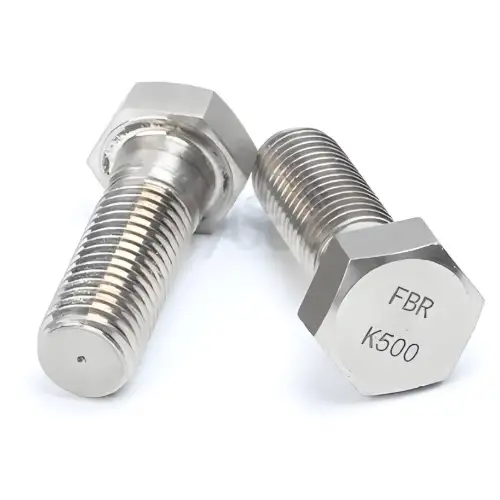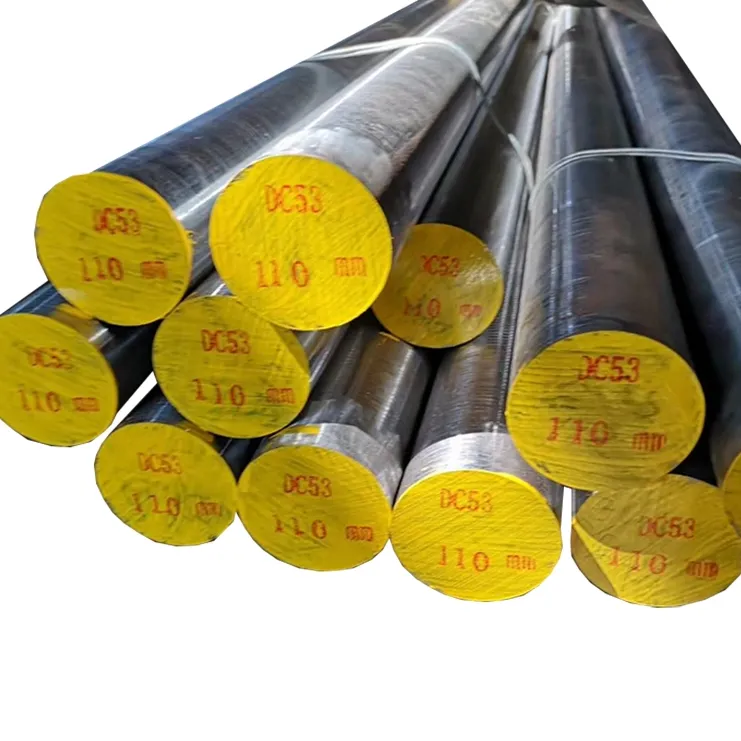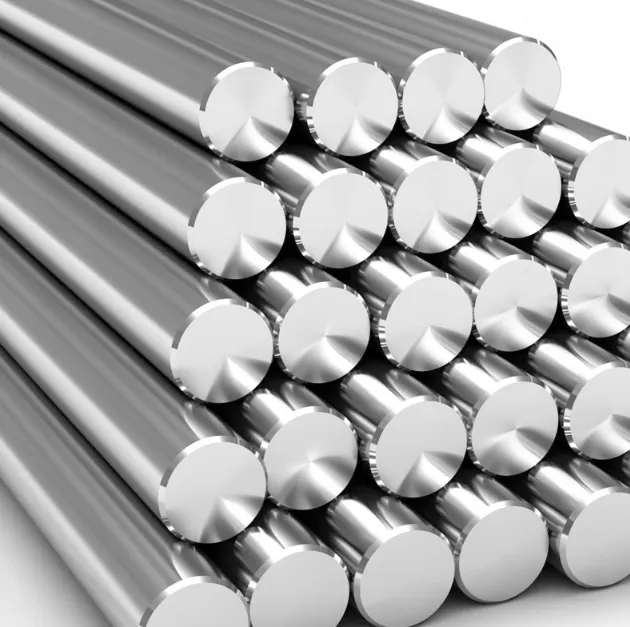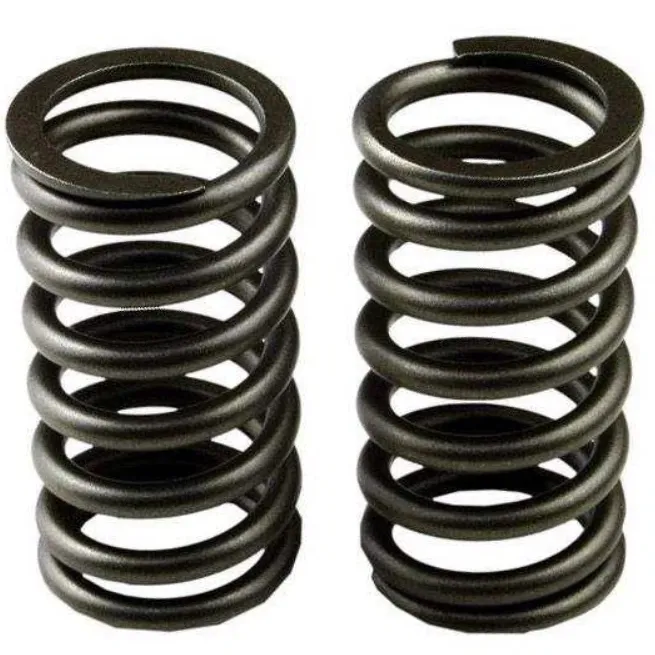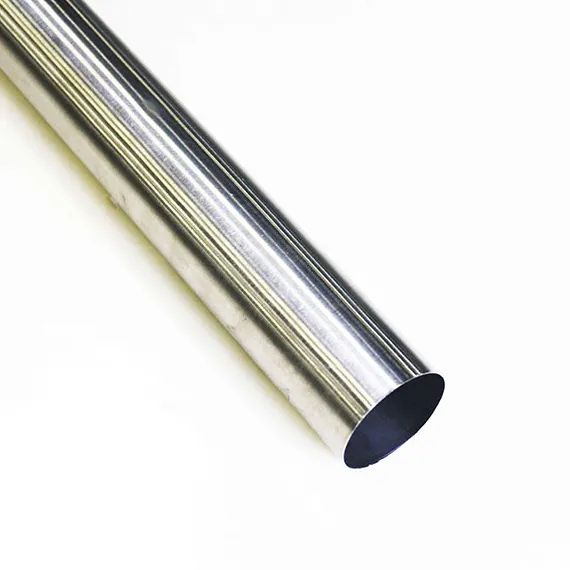Monel bolts (primarily Monel® 400 and Monel® K-500 fasteners) are nickel-copper alloy fasteners chosen when seawater, chloride-bearing chemicals, or other aggressive environments would quickly degrade ordinary steel or standard stainless grades. For most marine, chemical-processing and oil & gas fastener needs where corrosion resistance plus reliable mechanical strength are required, Monel 400 provides exceptional corrosion resistance and useful strength; Monel K-500 provides substantially higher strength while retaining nearly the same corrosion performance.
What are Monel bolts?
Monel bolts are engineered fasteners made from nickel-copper alloys most often sold under trade names Monel® 400 (UNS N04400) and Monel® K-500 (UNS N05500). They are produced as hex bolts, carriage bolts, machine bolts, studs and special fastener types (finished or forged) to the same dimensional and thread standards used for standard steel fasteners, but with alloy chemistry suited to aggressive chemical and marine environments. Compared to stainless steels such as 304/316, Monel offers superior resistance to rapidly flowing seawater, hydrogen fluoride environments (when de-aerated), and many acidic or alkaline media.
Material properties
| Property | Monel 400 (typical) | Monel K-500 (typical) |
|---|---|---|
| Density | 8.80 g/cm³ (approx.) | ≈ 8.77–8.83 g/cm³ (similar) |
| Tensile strength (annealed) | ~517–620 MPa (75–90 ksi) | After age-hardening: up to ~1000–1100 MPa (varies with temper). |
| Yield strength (0.2% off.) | ~172–345 MPa | Substantially higher after precipitation hardening (several 100s of MPa) |
| Modulus of elasticity | ~179 GPa | Similar (~175–180 GPa) |
| Service temperature range | Useful up to ~538°C (1000°F) for short times; performance varies with environment. | Maintains strength to high temperatures after appropriate tempering; follow datasheet. |
| Magnetic behavior | Slightly magnetic at room temp (Monel 400: weak). | Low magnetic permeability when age-hardened. |
| Corrosion resistance | Excellent in seawater, many acids (de-aerated HF/HCl), alkalis; outperforms 316 in chloride environments. |
Notes: These are representative values from alloy datasheets; for design, use supplier mill certificates and the product’s test reports.
Chemical composition
Below are typical compositional ranges; individual mill certificates may vary slightly.
| Element | Monel 400 (approx. wt%) | Monel K-500 (approx. wt%) |
|---|---|---|
| Nickel (Ni) | 63–70% (commonly ~65–67%) | 63–68% (similar Ni base) |
| Copper (Cu) | 28–34% | ~28–31% |
| Iron (Fe) | ≤2.0% (trace levels) | ≤2% (trace) |
| Manganese (Mn) | ≤2% (minor) | ≤1% (minor) |
| Carbon (C) | ≤0.30% (low) | Low carbon; K-500 typically tightened for hardenability. |
| Aluminum (Al) | — (not deliberately added to 400) | ~2.0–3.15% (small additions enable precipitation hardening) |
| Titanium (Ti) | — | ~0.4–1.2% (enables age hardening with Al) |
| Silicon, sulfur, others | Trace to small amounts per spec |
Interpretation: Monel 400 is a nearly pure Ni–Cu solid solution with no precipitation hardeners; K-500 adds Al and Ti for age hardening and higher strength.
Mechanical properties, fastener standards & grades
Standards & specifications
Monel fasteners are often manufactured and certified to ASTM/UNS fastener specifications for nickel alloys. Common fastener specifications and references include ASTM F467 / F468 (Monel 400 nuts/bolts), and product forms controlled under ASTM B164 (bar/rod for nickel alloys) and related fastener standards from national fastener suppliers. Confirm the concrete spec called out on drawing or purchase order (e.g., ASTM F467 / UNS N04400).
Strength & selection
-
Monel 400: used when corrosion resistance is the dominant need and moderate strength suffices (typical annealed tensile ~517–620 MPa).
-
Monel K-500: chosen when both corrosion resistance and higher tensile/yield strength are required; K-500 is precipitation hardened and, depending on temper, can achieve roughly double the tensile or more over 400.
Engineers should verify hardness, tensile and elongation on the mill test report and choose a grade/tempering consistent with both the mechanical load and the corrosive environment.
Machinability, forging and fabrication
Machinability
Monel 400 has lower machinability ratings than free-machining steels; many sources cite a machinability index in the 40–55% range relative to a free-cutting steel. It work-hardens; using rigid tooling, sharp carbide inserts, reduced speeds and ample chip-control is recommended. Monel K-500, when age-hardened, is significantly tougher to machine because of high hardness — typical practice is to machine K-500 in the annealed condition and then perform final heat treatment/age hardening if the design allows.
Cold work & forming
-
Monel 400 is strengthened by cold work but cannot be heat-treated for strengthening (only cold work).
-
K-500 must be handled according to the supplier’s tempers: many fasteners are forged or hot-finished, then solution annealed and age hardened to final properties. Post-machining operations may alter hardness.
Welding
Monel alloys generally weld well (with matching filler metals) but specific filler and procedure must be chosen for the alloy, thickness and post-weld properties required. For fasteners, welding is rarely used on finished bolts, but important for fabrications using Monel nuts, plates and fittings.
What are Monel bolts used for?
Common applications and sectors include:
-
Marine fasteners exposed to seawater and splash zones (deck hardware, shackles, chainplates).
-
Chemical process equipment and piping where chlorides and acids are present (heat exchangers, valves, pumps).
-
Oil & gas — subsea hardware, riser connectors, downhole components where corrosion and strength matter.
-
Aerospace and cryogenic equipment (specialty components) due to low-temperature toughness.
-
Musical instrument components, fuel systems, and specialty chemical plants.
Takeaway: choose Monel when chloride environment or certain acids would otherwise cause rapid failure of ordinary stainless fasteners, and when galvanic compatibility with other nickel alloys (or copper alloys) is required.
Common grades and selection guidance
| Grade | Summary | When to choose |
|---|---|---|
| Monel 400 (UNS N04400) | Solid solution Ni–Cu alloy; excellent corrosion resistance; cold-work hardenable only. | Use where corrosion resistance > high strength; marine service, chemical exposure. |
| Monel K-500 (UNS N05500) | Al/Ti additions for precipitation hardening; retains corrosion resistance with much higher strength. | Use when both corrosion resistance and higher tensile/yield are required (e.g., critical fastenings, structural marine parts) |
| Other Monel variants (R-405 etc.) | Rarely used as bolts; consult supplier if a specific property is desired. | Specialty applications; check datasheet |
Sizes and weight
Below is a simplified weight table for finished hex bolts made from Monel (weights scale with density similar to steel but slightly heavier due to 8.8 g/cm³). For procurement, many buyers prefer weight per 100 pieces to estimate shipment weight and cost.
Assumptions: weights are approximate and taken from standard bolt weight tables scaled for Monel density. Always verify by supplier part-print or sample.
| Bolt size | Length (mm/in) | Approx. weight per 100 pcs (kg) — Monel (approx.) |
|---|---|---|
| M6 x 20 | 20 mm | 2.4 kg |
| M8 x 25 | 25 mm | 5.5 kg |
| M10 x 30 | 30 mm | 9.8 kg |
| M12 x 35 | 35 mm | 15.2 kg |
| M16 x 40 | 40 mm | 30.6 kg |
| 1/4"-20 x 1" | 25.4 mm | 3.0 kg |
| 5/16"-18 x 1" | 25.4 mm | 5.5 kg |
| 3/8"-16 x 1" | 25.4 mm | 9.0 kg |
| 1/2"-13 x 1.5" | 38 mm | 22.0 kg |
How these are used: the table gives a quick sense of scale; when quoting weight-sensitive freight, request supplier CAD or sample weights and confirm packaging/pack count.
Global price comparison (USA, Europe, China) 2025
Important: alloy raw material (nickel and copper) prices and supply chain terms change often. The ranges below are market snapshots consolidated from current supplier price summaries aggregated in 2025; use them as procurement orientation only. For firm offers request a written quotation (EXW/FOB/CIF) with quantity and delivery terms.
| Region | Typical Monel 400 raw material /round bar price (USD/kg) — 2025 range | Typical implication for finished bolts |
|---|---|---|
| China (ex-works) | ~USD 28–42 / kg (commercial bar/round, standard volumes) | Factory pricing often lower; MOQ and lead times favorable for larger orders. |
| USA (domestic mill & distributors) | ~USD 35–60 / kg (higher when mill-certified or small orders) | Higher labour and QA costs; faster local delivery for small lots. |
| Europe (EU import/stock) | ~USD 33–65 / kg (depends on stock, tariffs, VAT) | Distributor margins and certification fees can increase final bolt price. |
Notes on finished bolt pricing: finished Monel fasteners include forging/machining, heat-treating (if K-500), surface finish (passivation, pickling), inspection and packaging. Finished prices per fastener vary by size, grade and quantity; small special fasteners can cost multiples of raw material value. For a more precise comparison, obtain line-item quotes from fastener houses with ASTM certification.
Procurement, inspection & installation tips
-
Specify grade & spec on PO: name Monel 400 (UNS N04400) or Monel K-500 (UNS N05500) and the fastener spec (e.g., ASTM F467 / F468) and any hardness/tensile or proof load requirements.
-
Mill test reports (MTR): require MTR and chemical analysis for each heat; for safety-critical parts require mechanical test certificates.
-
Galvanic compatibility: avoid direct contact with dissimilar metals where galvanic corrosion can be promoted (e.g., aluminium) unless insulated; Monel pairs well with copper/nickel alloys.
-
Torque values: use property class (or measured proof load) appropriate torque tables; Monel K-500 will accept higher proof loads than 400. Where standards lack direct torque charts for exotic alloys, torque by measured clamp load is best practice.
-
Storage & handling: keep dry, avoid contamination with salt deposits during storage to prevent unnecessary surface corrosion or staining.
-
Traceability: for critical bolts (subsea, pressure boundary), insist on full traceability, NDT where required, and third-party inspection as contract calls for.
Corrosion behaviour & unusual failure modes
Monel 400 is prized for seawater/corrosion performance but is not immune: in high-temperature chloride solutions or when stressed and exposed to specific chemical environments, localized attack (pitting, crevice corrosion) or stress-corrosion cracking can occur in extreme situations. K-500’s higher strength can make it more susceptible to stress-related cracking if improperly applied; follow corrosion engineering guidance and environmental testing for critical service.
Why buy Monel bolts from MWAlloys?
MWAlloys supplies finished Monel fasteners with factory direct pricing and stock advantages suitable for industrial procurement teams:
-
100% factory pricing: MWAlloys operates its supply chain from mill/forging partners to finished-part assembly, enabling competitive EXW/FOB pricing for volume buys.
-
Fast stock delivery: for standard sizes and common grades (Monel 400 hex bolts, studs), MWAlloys maintains inventory to reduce lead time; custom or certified lots are produced per order.
-
Quality control: full MTRs, hardness & tensile verification available; third-party inspection upon request.
-
MOQ flexibility: small pilot lots for prototyping and larger lots for production runs.
FAQs
-
Are Monel bolts magnetic?
Monel 400 is only weakly magnetic; K-500 when age-hardened typically shows low magnetic permeability. -
Which is stronger: Monel 400 or K-500?
K-500 is significantly stronger after age hardening (often 2× tensile strength of 400 in typical tempers). -
Can Monel bolts be used in saltwater?
Yes — Monel 400 is among the best common fastener alloys for seawater exposure, better than 316 stainless in many chloride conditions. -
How do I specify a Monel fastener on a drawing?
Specify material (Monel 400 or K-500), UNS number, fastener standard (ASTM F467/F468 or equivalent), required heat/cert, and any special finishes. -
Is Monel more expensive than stainless?
Yes—raw Monel alloy costs more than stainless 316; finished fasteners are priced higher due to material and processing. Use life-cycle costing for total value. -
Can Monel bolts be passivated or plated?
Plating is uncommon and can affect corrosion behavior; passivation is less relevant for Ni–Cu alloys than for stainless steels. Consult supplier before altering surface. -
Are Monel nuts/bolts available to standard thread classes?
Yes — manufacturers produce Monel fasteners to standard metric and imperial thread classes; tolerances follow fastener standards. -
What inspection paperwork should I request?
Mill Test Report (chemical), mechanical test report, heat number traceability, hardness data, and any NDT or third-party inspection required by contract. -
How does K-500 handle high temperatures?
K-500 retains good strength to elevated temperatures but check datasheets — age-hardening condition and creep behavior vary with temperature. -
Can I substitute 316 stainless to save cost?
Not always — for many chloride, HF or seawater applications 316 will corrode faster and lead to premature failure; substitution must be based on environment and engineering assessment.

